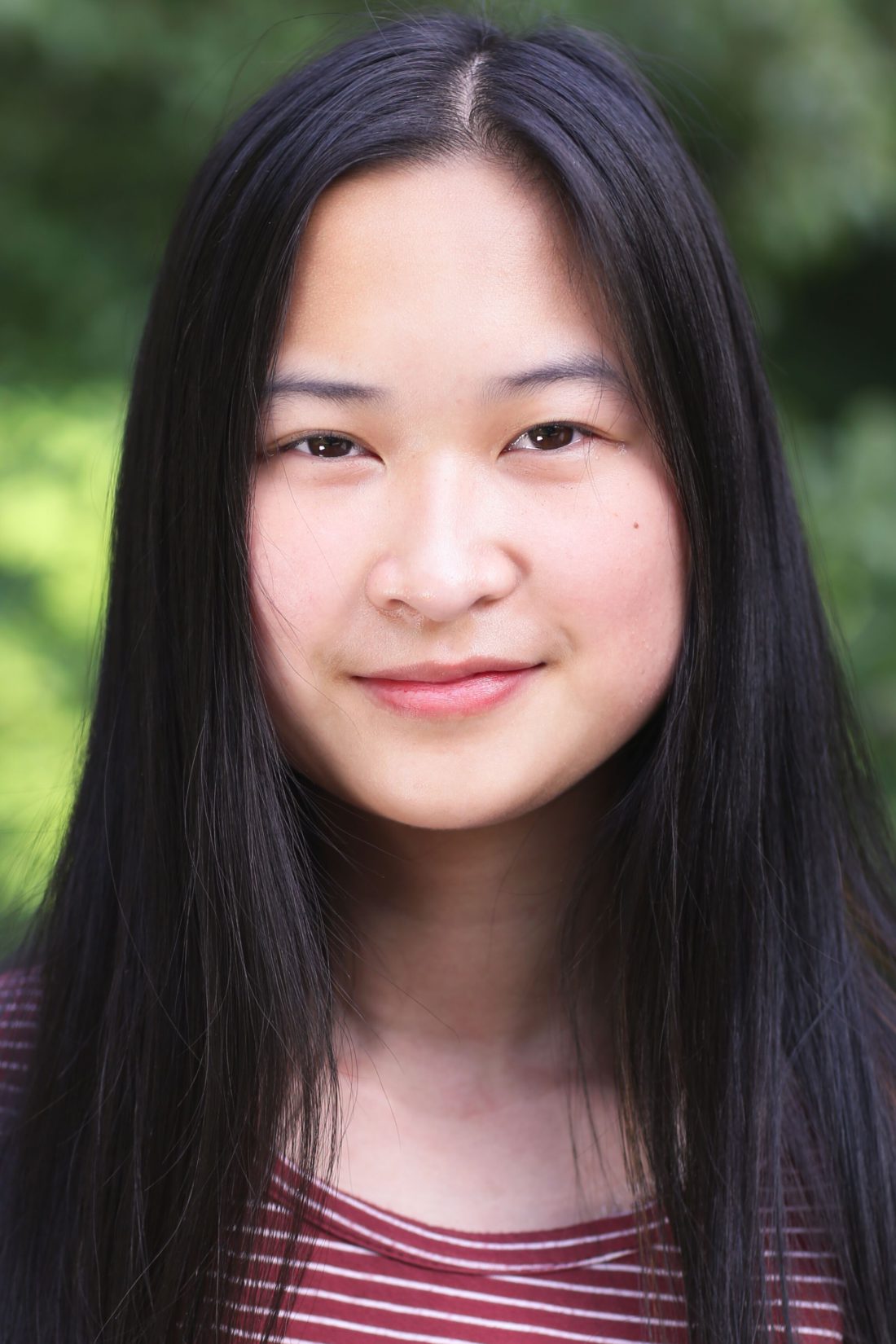Editor’s note: The following essay was a second-place winner in the local Edward Buncombe Chapter of the Daughters of the American Revolution Courageous Beginnings contest, part of the organization’s celebration of the 100th anniversary of the passage of the 19th Amendment. The contest was open to seniors in area high schools, who were asked to think about how this milestone accomplishment may have affected their own family history and what voting means to them today.
I am the first in my family in decades to be born on foreign soil. In Leicester, N.C., this occurrence is rare — we are raised to believe in mountain heritage, the root of Southern patriotism, where the very word “foreign” is scarce. I have grown used to being a starkly different color juxtaposed in front of a white background, taking comfort in the lessons I learn from tackling prejudices firsthand. More importantly, however, I have learned the value of being American, encompassing a woman’s right to vote.
The United States of America, since its establishment as an independent nation, has thrived on an influx of immigrants. From far and wide, people seeking a better life have made the courageous and treacherous journey to the United States, including a myriad of unique women. Within this ambiguous group of women are some of my ancestors from my adoptive family, who trekked to the United States several generations ago. These immigrants were of Scottish and Irish descent, fleeing the hardships of the 19th-century famine in the wary dream of something better to come. Although the new land seemed promising for an extensive range of people, the hope of women’s suffrage was yet to come. However, silence was not an option for American women — like all movements in history, an upheaval had to occur.
Enter the 1920s, when women’s suffrage is in full swing. Feminist household names, such as Susan B. Anthony, Ida B. Wells and Elizabeth Cady Stanton take the stage. The people have spoken; the American legislature finally passes the 19th Amendment, which guarantees all women the right to vote. Women’s equality in the United States has finally been established, and freedom rings not only for all American men, but also women. This marks the first in my life of female ancestors who can vote, tracing back to my great-grandmother’s era.
My great-grandmother was strong-willed, independent and always determined to get what she desired. She took every challenge with a sense of pride and sacrificed herself for the well-being of her children. She had so much perseverance, she could do almost everything — except vote. My great-grandmother’s strong opinions and values about society could not be communicated to the very country she lived in. Her voice was silenced, simply because she was a woman. Despite this, my great-grandmother persevered through it all. She could not simply limit her opinions to herself and her family, and when women gained the right to vote, she ensured to freely exercise it. My grandmother followed suit, and ever since that initial right to vote, women in my family have been active in the democratic process.
I see reflections of myself in my great-grandmother. We are both determined; our ideas are boundless. We have always felt the need to express these ideas, especially in our local and federal governments. Like my grandmother, I was born in a place where my freedom was restricted simply because I was a female. My beginnings lie in a small village within a southern Chinese city known as Qinzhou. In Chinese culture, female children are less desired, due to the expectation that male children will have the responsibility to take care of their parents. The one-child-policy, enacted in China to curb population growth, forced many Chinese girls to be abandoned in favor of their male counterparts. I was one of the many girls who were abandoned, and one of the few who survived. My life as I know it has been shaped by my birth mother’s attempted infanticide, where I was miraculously adopted and raised in the United States. After hearing about the perseverance of my great-grandmother and realizing my own difficulties as a female in society, I have learned the true value of a woman’s right to vote.
The United States has endured many trials to ensure equality within the nation. Although a perfect state of equality is yet to be achieved, the 19th Amendment, guaranteeing all women the right to vote, has been integral to the foundations of current society. By giving women an equal voice in the decisions of our nation, women are empowered to do great things. People like my great-grandmother, who were determined, hardworking and self-sacrificing, gained a voice and a platform to make real, tangible change. People like myself, who were born and discarded in a society that placed a value on the life of women, are taught that our opinions and thoughts are equally important as our male counterparts. As a united whole, women in the United States must continue to vote to uplift each other, reinforce the importance of women in society and unanimously work toward legislation that supports the fundamental rights of women.
— Sydney Murray
Class of 2020
Martin L. Nesbitt Discovery Academy




Before you comment
The comments section is here to provide a platform for civil dialogue on the issues we face together as a local community. Xpress is committed to offering this platform for all voices, but when the tone of the discussion gets nasty or strays off topic, we believe many people choose not to participate. Xpress editors are determined to moderate comments to ensure a constructive interchange is maintained. All comments judged not to be in keeping with the spirit of civil discourse will be removed and repeat violators will be banned. See here for our terms of service. Thank you for being part of this effort to promote respectful discussion.